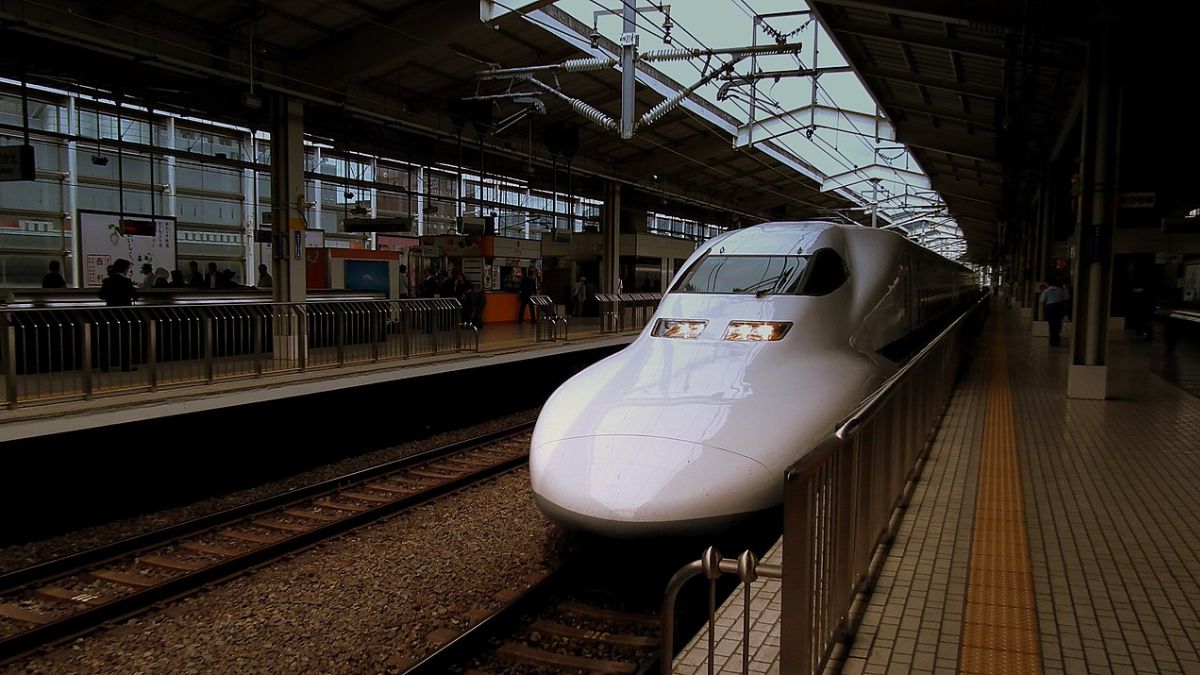East Japan Railway (JR East) has announced plans to introduce driverless bullet trains by the mid-2030s, a move aimed at boosting operational efficiency and sustainability. This initiative marks a significant step in Japan’s high-speed rail evolution and reflects broader trends in automation within the global transportation industry.
JR East, one of Japan’s largest railway operators, aims to roll out autonomous Shinkansen trains as part of its long-term strategy to address labour shortages and reduce environmental impact. The company has already begun trial runs with partially automated trains, where the train can operate without manual input in certain sections, while drivers oversee operations.
By transitioning to fully autonomous bullet trains, JR East plans to improve scheduling accuracy, cut operational costs, and reduce energy consumption. The system will leverage advanced AI and machine learning technologies to manage speed, track conditions, and real-time safety checks, ensuring the trains can run with minimal human intervention. These changes are expected to make Japan’s rail system even more efficient while maintaining the safety standards for which it is known.
One of the primary drivers behind JR East’s decision is Japan’s rapidly ageing population, which has resulted in a shrinking labour force. The transportation industry, including railways, is particularly affected, with fewer young workers entering the sector. By automating bullet train operations, JR East aims to mitigate future labour shortages while maintaining high standards of service.
The introduction of driverless technology also positions JR East to compete on a global stage, as countries around the world race to adopt autonomous transportation solutions. Countries such as China have already begun testing driverless trains on urban transit systems, and JR East’s move keeps Japan at the forefront of technological innovation in rail transport.

